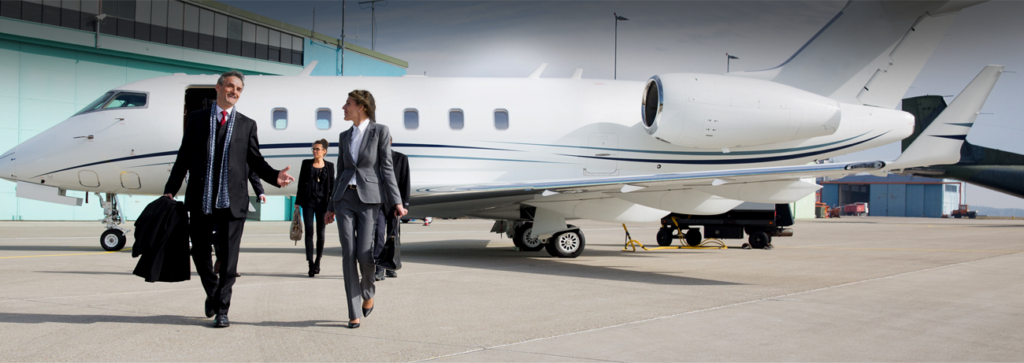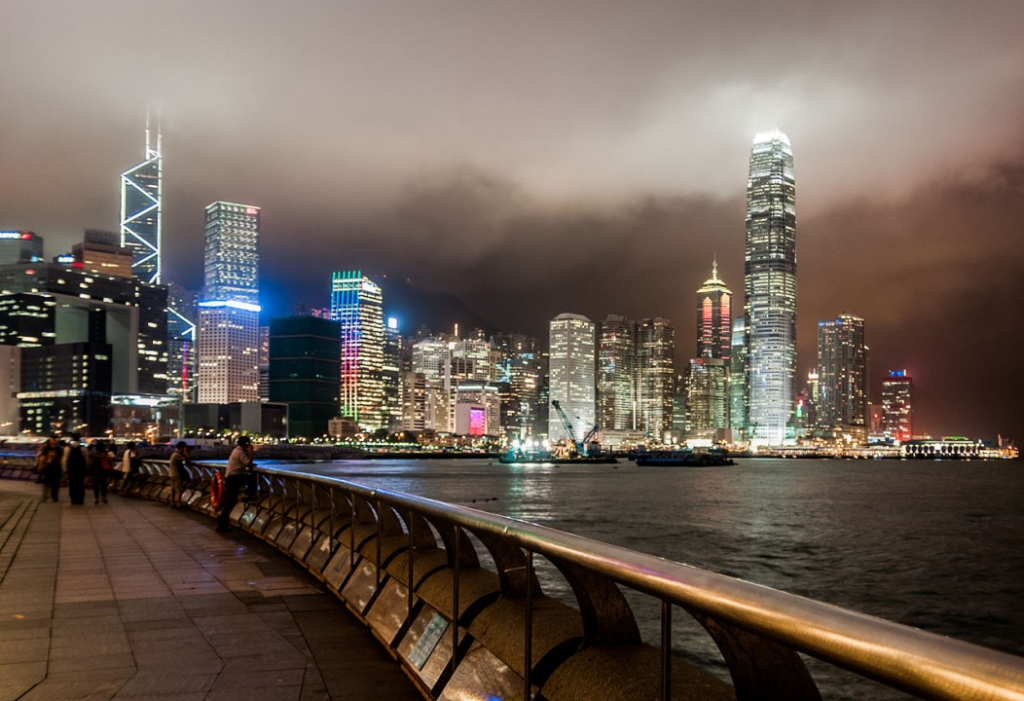Introduction

Europe, with its rich history, diverse cultures, and thriving economies, stands as a prime destination for business travelers. From the financial hubs of London and Frankfurt to the creative hubs of Milan and Paris, Europe offers a dynamic landscape for networking, deal-making, and professional growth. In this guide, we’ll explore essential tips, cultural nuances, and key destinations for a successful business trip across Europe.
Planning Your Trip
1. Visa Requirements
Before packing your bags, ensure you understand the visa requirements for your destination. The Schengen Area, comprising 26 European countries, allows travelers to move freely within its borders with a single visa. However, some non-EU countries like the UK, Switzerland, and Norway have separate visa policies.
2. Accommodation
Selecting the right accommodation is crucial. In major business hubs like London, Frankfurt, and Paris, proximity to financial districts is essential. For a more relaxed atmosphere, consider boutique hotels in cities like Barcelona or Lisbon, which offer a blend of business and leisure.
3. Transportation
Europe boasts an efficient public transportation system, including high-speed trains and extensive metro networks. Invest in city travel cards for cost-effective mobility within urban centers. For inter-city travel, consider budget airlines or the Eurostar for seamless connections between major cities.
Cultural Sensitivity and Business Etiquette
1. Punctuality
Punctuality is highly valued in European business culture. Arriving on time for meetings demonstrates respect for your counterparts’ schedules.
2. Dress Code
Business attire in Europe tends to be formal, especially in financial centers. In more creative industries, a smart-casual approach may be acceptable. Research the local dress code to make a favorable impression.
3. Greetings
A firm handshake and maintaining eye contact are customary greetings in most European countries. Use titles and last names unless invited to use first names.
4. Language
English is widely spoken, especially in business settings. However, learning a few basic phrases in the local language shows respect for the culture and can help build rapport.
Key Business Destinations
1. London, United Kingdom
London is a global financial powerhouse, housing the headquarters of numerous multinational corporations. The City of London and Canary Wharf are key financial districts. Explore historic landmarks like the Tower of London and network at events held in prestigious venues like The Shard.
2. Frankfurt, Germany
Known as “Mainhattan” due to its impressive skyline, Frankfurt is home to the European Central Bank and the Frankfurt Stock Exchange. The city’s business district is the nerve center of European finance.
3. Paris, France
Paris exudes sophistication and is a hub for fashion, luxury, and creativity. La Défense is the primary business district, while cultural landmarks like the Louvre and Eiffel Tower provide excellent venues for networking events.
4. Milan, Italy
As Italy’s financial and fashion capital, Milan is a dynamic business hub. The Porta Nuova district hosts many corporate headquarters, while Milan’s vibrant arts scene offers a unique backdrop for professional engagements.
5. Zurich, Switzerland
Zurich is renowned for its stability and is home to numerous international banks and financial institutions. The city’s picturesque setting on Lake Zurich adds to its appeal.
Conclusion
Embarking on a business trip to Europe offers a blend of professional growth and cultural enrichment. By understanding visa requirements, respecting local customs, and strategically selecting destinations, you’ll navigate the European business landscape with confidence. Whether sealing deals in London’s financial district or networking amidst the elegance of Paris, Europe is bound to leave a lasting impression on your professional journey.


